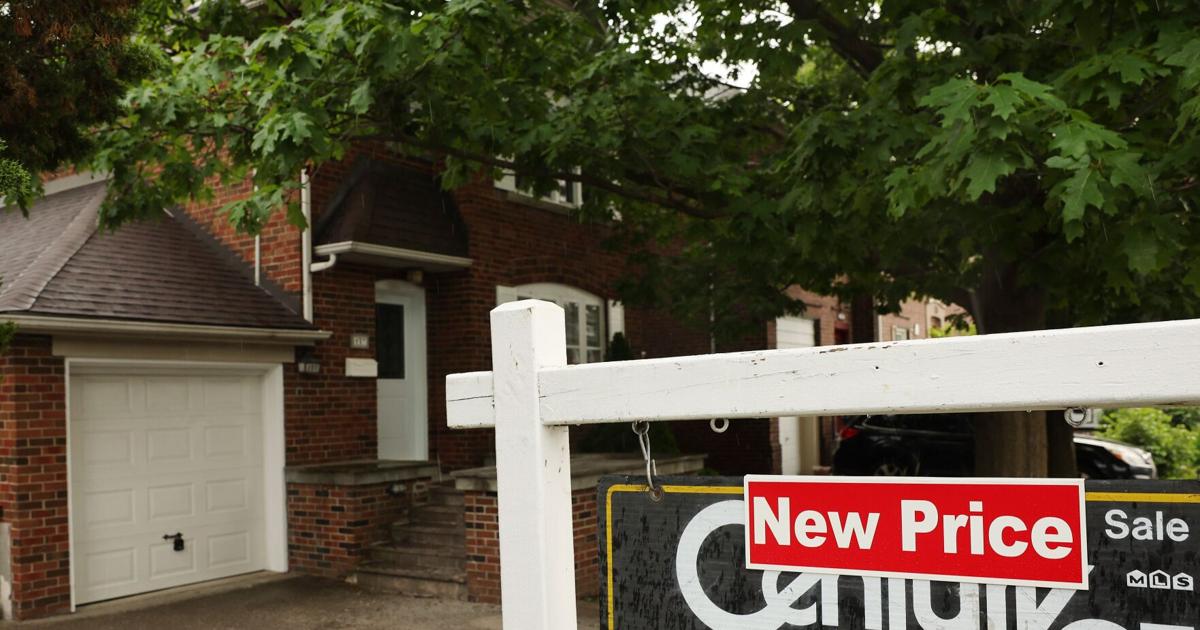Deadpool X
Senior Member
Is there any thread on the current mortgage interest rates?
30 years is insane. No one can predict where they will be or what their financial or relationship status will be after three decades. For example, 40% of Canadian marriages end in divorce.Extending amortizations to 30 years for first time buyers on existing homes
The biggest risk is the first renewal as very little principal is repaid in the first 5 years. So a 5% down payment gives precious little cushion for home prices to turn downwards before the borrower is underwater at renewal time. I don't think 25 or 30 years makes a material difference for predicting life circumstances at the end of the amortization period.30 years is insane. No one can predict where they will be or what their financial or relationship status will be after three decades. For example, 40% of Canadian marriages end in divorce.
Or foreclosures...Renewals will still happen, likely at 5 year intervals.
Sales across all property types jumped with detached home sales up 46%, semi-detached by 44%, townhouse by 56% and condos by 33.4%.
To be fair to whom? Besides, outside of teardowns/rebuilds of existing detached properties, who's building single detached houses in Toronto? Every new single family home I've seen built in the last ten years is either a row house, semi-detached or part the base level of a larger condo tower. Is there any vacant land to buy in the 416 where one can build a single detached house?To be fair, the government *should* be making it super expensive to build single detached houses in Toronto
Whenever I see Brad Bradford speak, I switch it off. Useless fellow.

...
The average selling price in the GTA fell by 17 per cent in November compared to the February 2022 peak, but is still around 36 per cent above 2019 levels. While interest rates have fallen, some experts believe the market is still too expensive for first-time buyers who make up a significant number of housing demand, while other experts forecast a red-hot spring market.
...
Annual sales were up significantly for all housing types with detached, semi-detached, townhouse and condos seeing increased of 44 per cent, 25 per cent, 46 per cent and 36 per cent, respectively.
...




